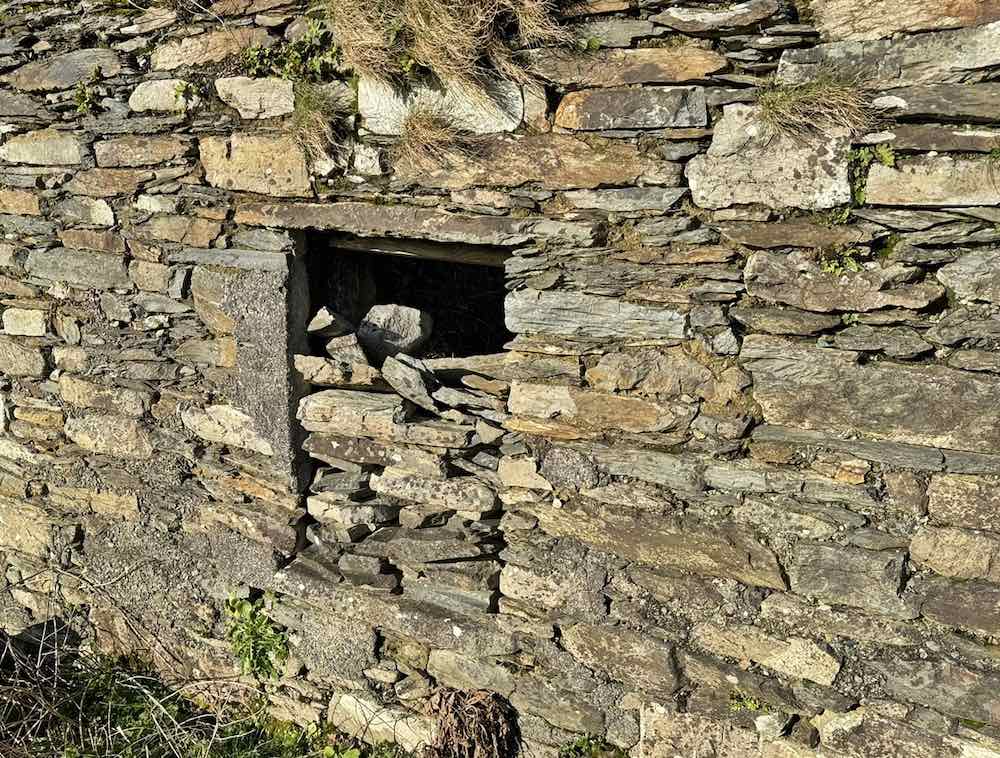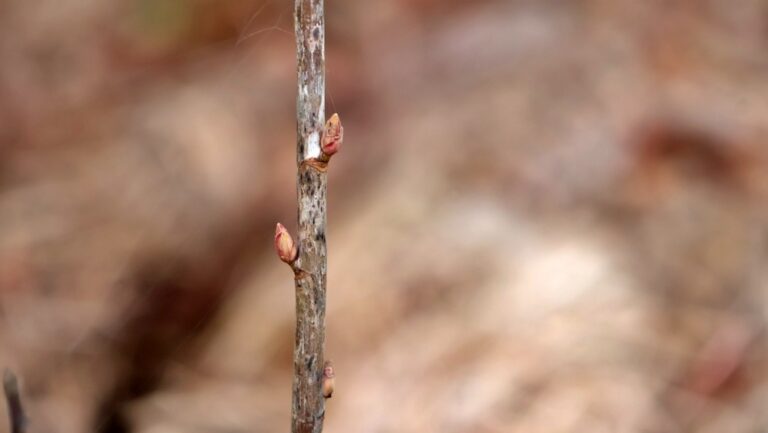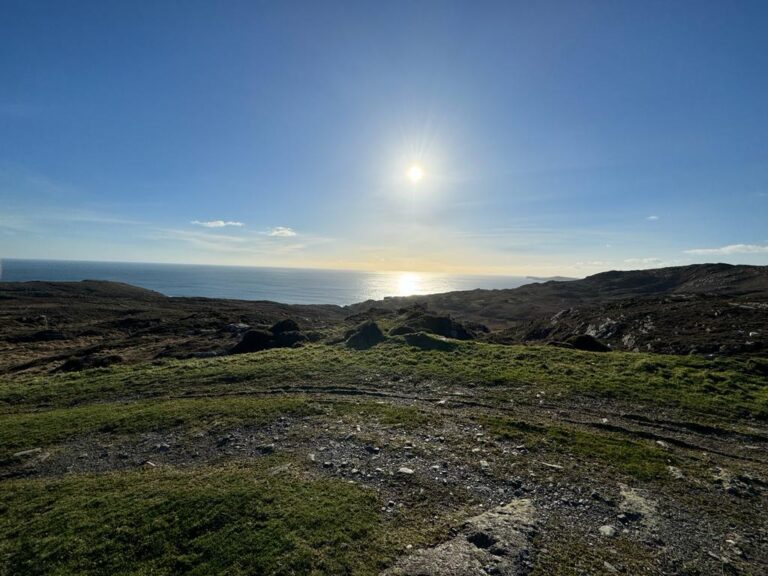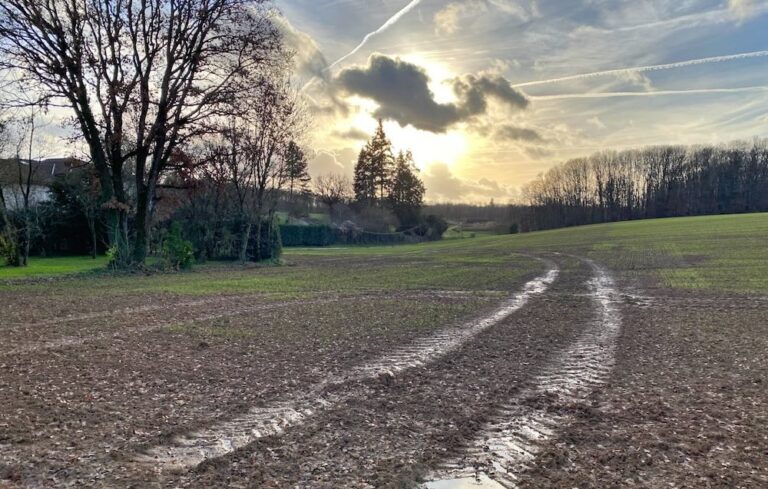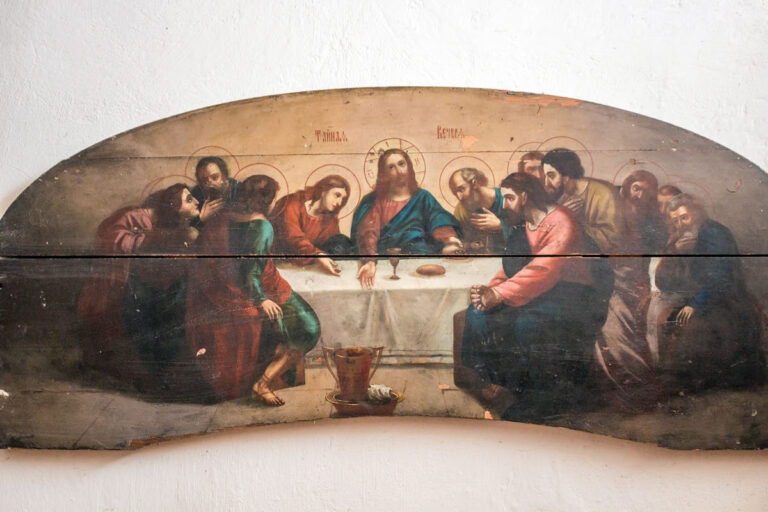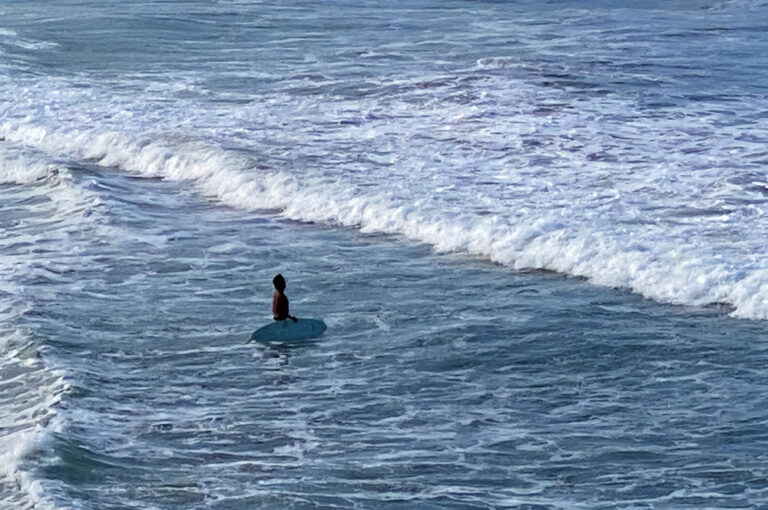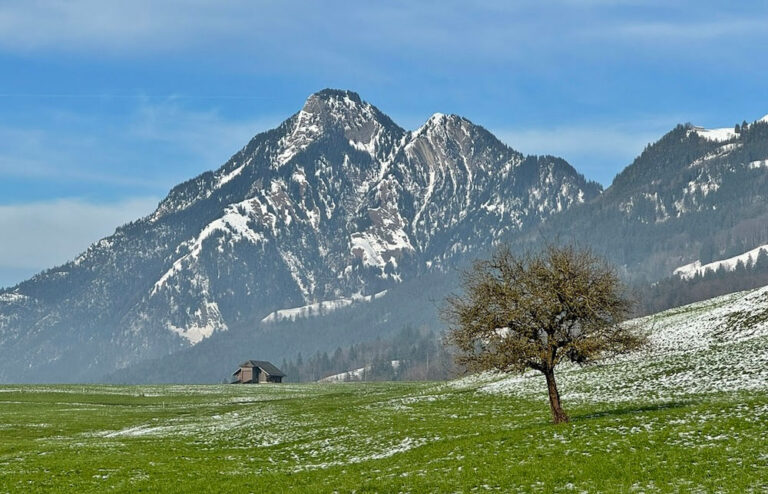Quarto Domingo da Quaresma
Nós somos a obra de arte de Deus, criados em Cristo Jesus para vivermos uma vida feliz como desde o início ele havia planejado para que vivêssemos.
Assim diz São Paulo na segunda leitura da missa de hoje. Isso me atinge como um acorde ou melodia de Bach, que eu poderia ouvir o dia todo, que de repente emerge de sua música, transcendendo tudo o que foi preparado para ela e, elevando-se acima de toda contradição com alegria sem esforço e simplicidade azul safira. Meramente discutir com isso pareceria como a inveja perversa do ego quando confrontado consigo mesmo.
A ideia de que realmente fomos criados é difícil de entender. Está além de nossa visão retrospectiva das coisas. Tudo o que se conhece tem a sensação, desde o amanhecer da consciência, de que existe para sempre. Talvez este fosse o erro do antigo inimigo, uma perspectiva enganosa. Na mesma carta, Paulo aborda o dilema assim: ‘ele nos escolheu nele antes da fundação do mundo, para que sejamos santos e sem defeito diante dele em amor’.
Você não pode discutir com o fundamento do ser. Você nunca pode miná-lo. Você só pode tentar aceitar seu grau de autoconhecimento com humildade. Por mais desconfortável que seja para nosso espírito independente, revela que somos aceitos, escolhidos, conhecidos, antes de emergirmos no mundo do espaço e do tempo. Nosso significado nessa manifestação é aprender a desfrutar a bondade da vida, percebendo que somos uma criação, não auto feitos e, portanto, não autossustentáveis, mas uma emanação espontânea da beleza divina. Mas chega disso, ou seremos atraídos para o labirinto dos gnósticos em vez de simplesmente caminhar pelo labirinto de nossas vidas na fé de sermos obras inacabadas. Ainda somos a obra de arte de Deus incompleta; mas, como Deus não faz nenhuma arte ruim, então devemos ser singularmente belos.
Pequenos dramas de relacionamentos humanos ilustram isso. Quando uma amizade é interrompida sem motivo óbvio, dias e meses se acumulam, uma ausência aparentemente interminável nos separa. É fácil imaginar rejeição, algo mal compreendido, uma falha de nossa parte, culpa por uma falha desconhecida. Quanto mais imaginamos a pior razão, mais difícil é nos aproximar da outra pessoa – mesmo com as palavras revigorantes ‘como você está?’ A vida continua, mas a parte de nós que foi dada à amizade se perde, parte do dano colateral da vida. Então o ausente está lá novamente por acaso, inesperadamente. Antes que vocês dois percebam, estão conversando, se atualizando e entendendo o que aconteceu. Sem culpa. Sem falha. Apenas confiança erroneamente colocada em pensamentos temerosos.
Leia o evangelho de hoje à luz disso. Deus amou tanto o mundo que… Onde você lê ‘acreditar’, coloque ‘ter fé em’ e veja como isso muda o cenário.
Texto original
Fourth Sunday of Lent
We are God’s work of art, created in Christ Jesus to live the good life as from the beginning he had meant us to live it.
So St Paul in the second reading of today’s mass. It strikes me like a chord or melody of Bach, who I could listen to all day, that suddenly emerges from his music, transcending everything that has prepared for it and, soaring high above all contradiction with an effortless joy and sapphire blue simplicity. Merely to argue with it would feel like the perverse jealousy of the ego when it is confronted by the self.
The idea that we are actually created is difficult to grasp. It’s beyond our backward view of things. Whatever knows itself has the feeling from the dawn of consciousness that it has existed for ever. Maybe this was Lucifer’s mistake, a deceptive perspective. In the same letter Paul addresses the dilemma like this: ‘he chose us in him before the foundation of the world, that we should be holy and without blemish before him in love’.
You can’t argue with the ground of being. You can never undermine it. You can only try to accept your degree of self-knowledge in humility. However uncomfortably to our independent spirit, it reveals that we are accepted, chosen, known, before we emerge into the world of space and time. Our meaning in this emergence is to learn to enjoy the goodness of life by realising we are a creation, not self-made and therefore not self-sustaining, but a spontaneous emanation of divine beauty. But enough of this, or we will be drawn into the maze of the gnostics instead of simply walking the labyrinth of our lives in the faith of being unfinished works. We are God’s work of art still incomplete; but, as God doesn’t do bad art, so we must be uniquely beautiful.
Little dramas of human relationship illustrate this. When a friendship is interrupted for no obvious reason, days and months pile up a seemingly endless absence separating us. It is easy to imagine rejection, something misunderstood, a failure or fault on our part, guilt for an unknown fault. The more we imagine the worst reason, the harder it is to reach out towards the other person – even with the life-giving words ‘how are you?’ Life goes on but the part of us that was given into the friendship is lost, part of life’s collateral damage. Then the absent one is there again by chance, unexpectedly. Before either of you know it you are conversing, catching up and coming to understand what happened. No blame. No fault. Just trust mistakenly placed in fearful thoughts.
Read today’s gospel in the light of this. God loved the world so much that… Where you read ‘believe’ put ‘have faith in’ and see how it changes the landscape.

